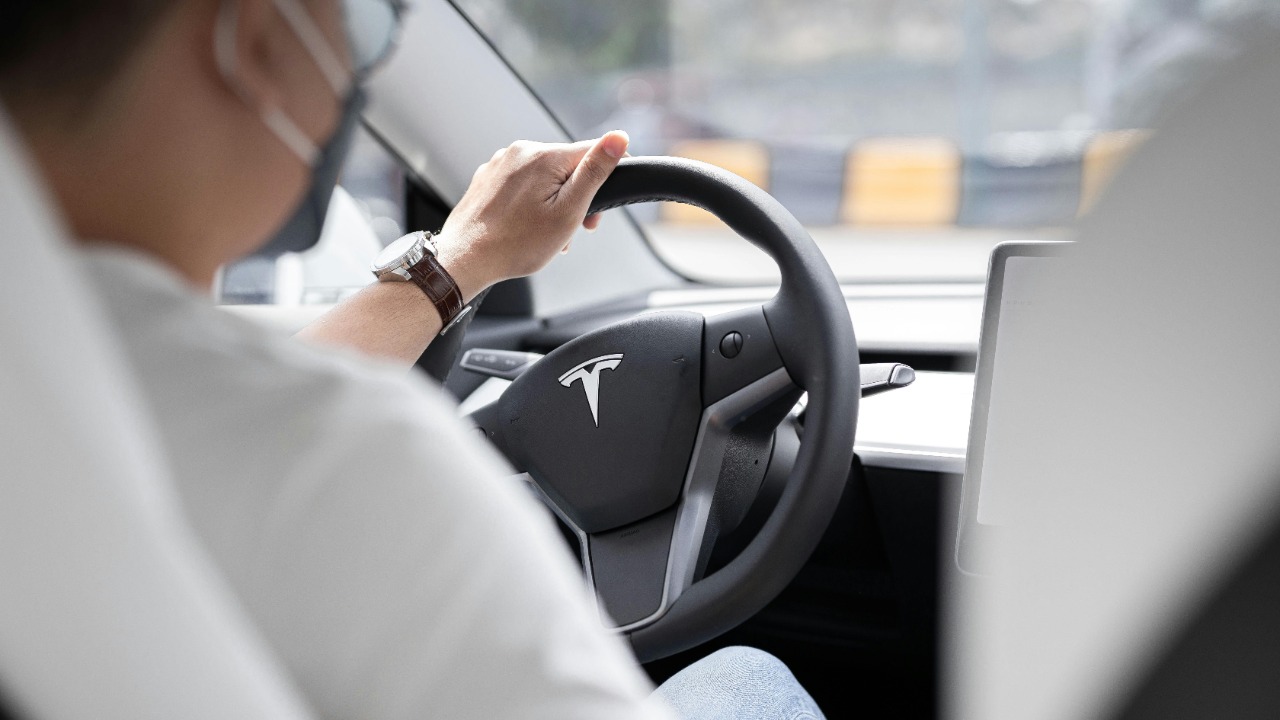
In recent years, the automotive industry has been at the forefront of technological advancements, particularly in the realm of self-driving vehicles. However, several automakers now face legal challenges over alleged false claims regarding their vehicles’ autonomous capabilities. This exploration delves into the lawsuits filed against these companies, the implications for the industry, and the broader conversation about the future of self-driving technology.
The Rise of Self-Driving Technology
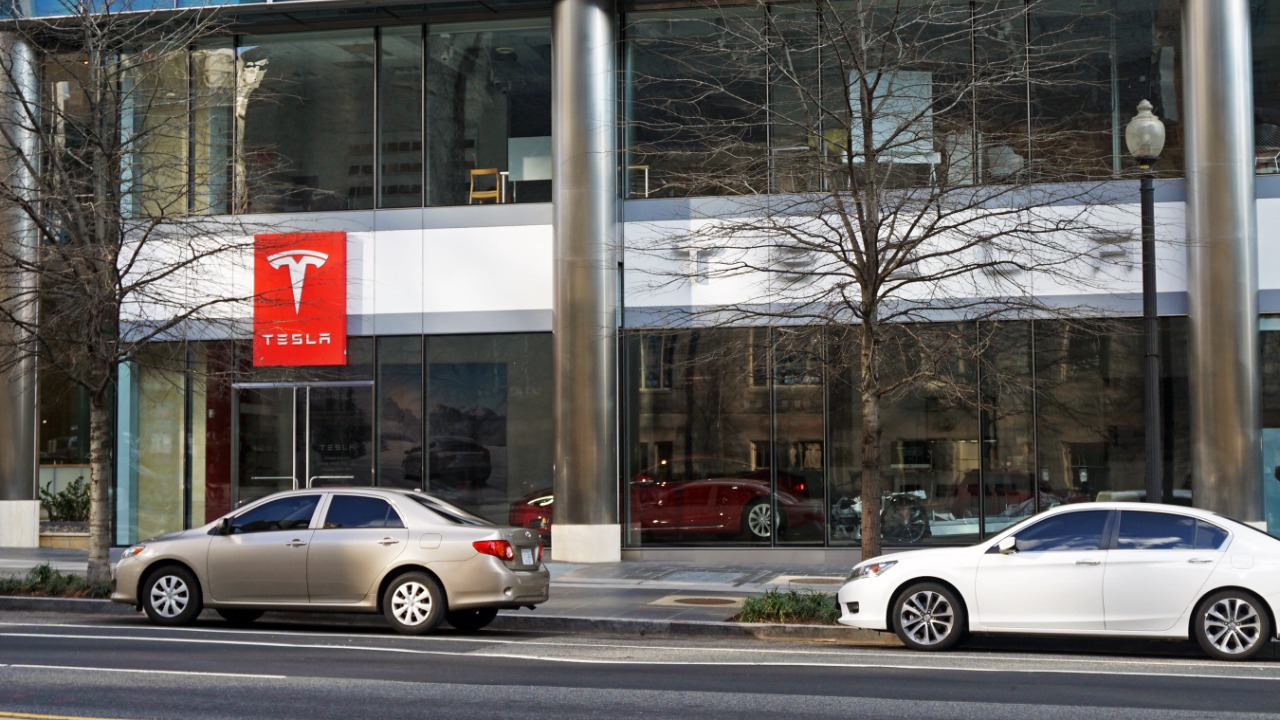
The quest for self-driving cars has been a significant focus for the automotive industry. Over the last decade, companies like Tesla, Waymo, and General Motors have made substantial advancements in autonomous vehicle technology. These advancements range from advanced driver-assistance systems (ADAS) to fully autonomous vehicles. Tesla’s Autopilot, for example, has been marketed as a revolutionary step toward self-driving cars, although it’s currently categorized as a Level 2 autonomous system, meaning it requires human supervision.
Key players in this market have adopted aggressive marketing strategies to position themselves as leaders in autonomous technology. Tesla, for instance, has often been in the spotlight for its bold claims about the capabilities of its Autopilot system. However, such marketing strategies have also raised consumer expectations, sometimes to levels that current technology cannot deliver. This creates a disconnect between what is promised and what is technically feasible, leading to potential confusion and dissatisfaction among consumers.
Legal Challenges Facing Automakers
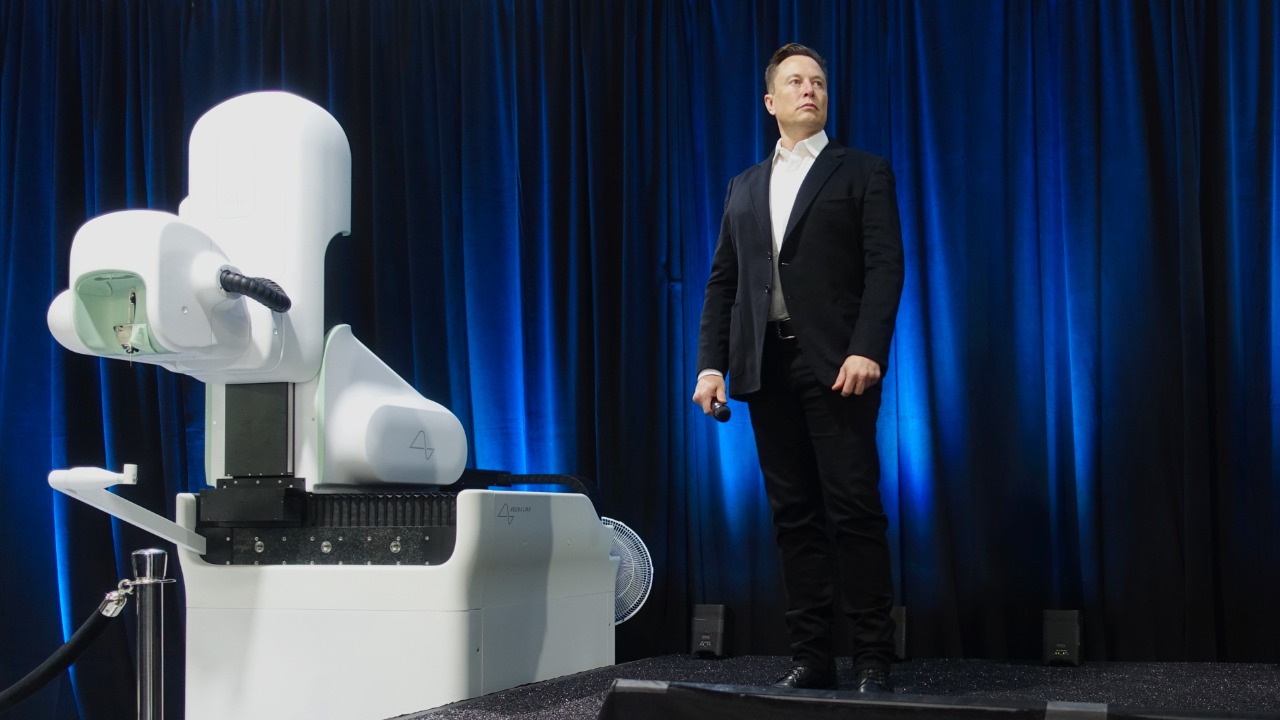
The gap between marketing claims and actual capabilities has led to a series of high-profile lawsuits against automakers like Tesla. These lawsuits often center around accusations of misleading advertising, where plaintiffs argue that companies have exaggerated the self-driving capabilities of their vehicles. One notable case involves Tesla shareholders suing Elon Musk over claims that the Autopilot feature was misrepresented, leading to financial losses for investors.
Legal standards in these cases focus on the burden of proof for false advertising. Plaintiffs must demonstrate that the automaker’s claims were not only misleading but also that they had a tangible impact on consumer decisions. The consequences for automakers found guilty of such claims can be severe, including hefty fines, mandatory recalls, and lasting damage to their reputations. In some instances, companies might be compelled to alter their marketing strategies significantly to avoid future litigation.
Consumer Protection and Regulatory Response
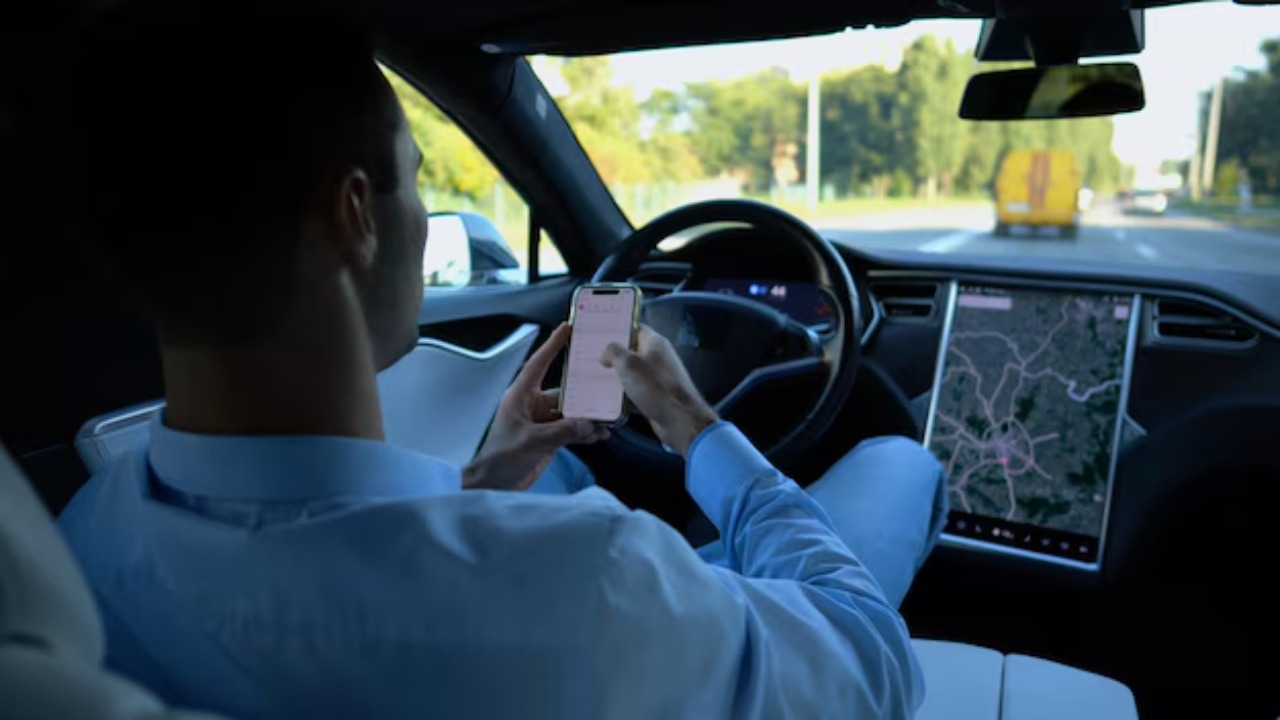
Regulatory bodies play a crucial role in monitoring and penalizing false advertising in the automotive industry. Agencies like the Federal Trade Commission (FTC) and the National Highway Traffic Safety Administration (NHTSA) are tasked with ensuring that consumers are not misled by automotive marketing. In California, regulators have taken a particularly stringent stance, with discussions around potentially suspending Tesla manufacturing due to advertising violations.
In response to these challenges, there is a growing movement to introduce legislation that tightens controls on marketing practices for self-driving vehicles. Proposed laws aim to ensure that automakers provide clear and accurate information about their vehicles’ capabilities and limitations. Such measures are designed to protect consumers and foster a more transparent marketplace, ultimately benefiting both consumers and manufacturers by reducing the risk of legal disputes.
Impact on the Automotive Industry
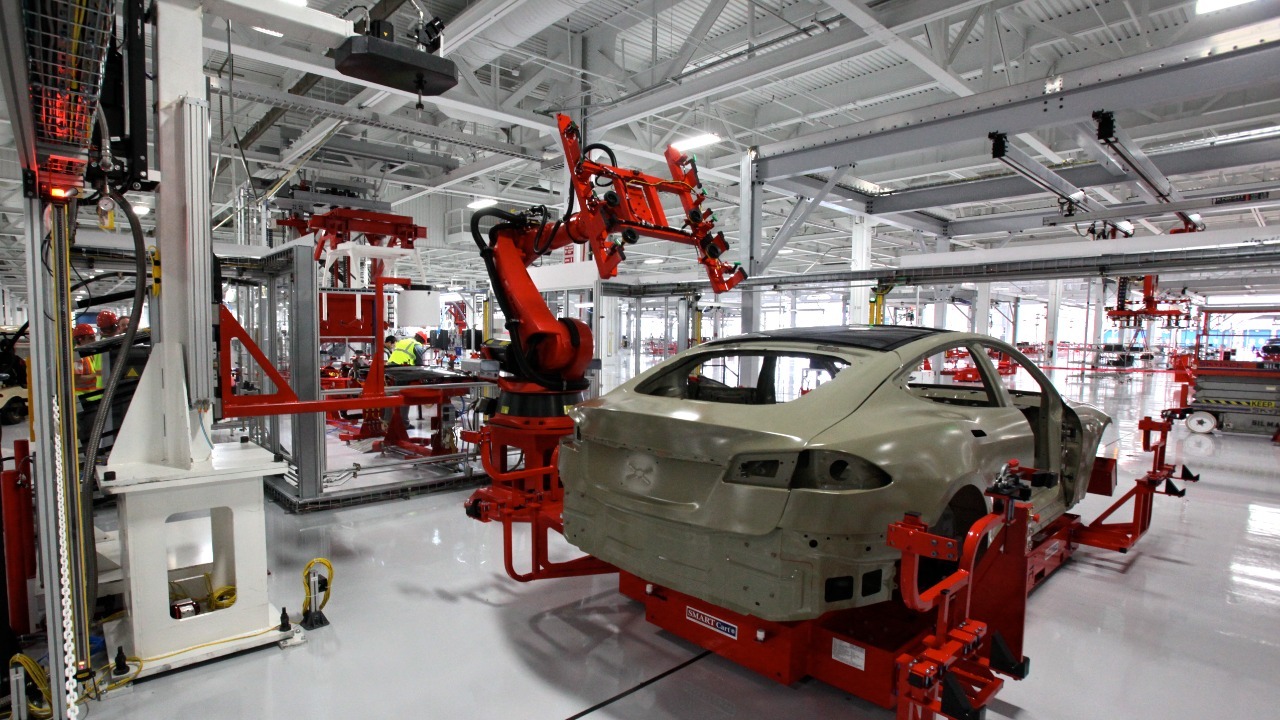
The legal battles over false advertising claims have profound implications for the automotive industry. Automakers involved in these disputes often face significant reputational damage, which can erode consumer trust and loyalty. For instance, Tesla’s repeated legal challenges have sparked debates about the reliability of its marketing practices, potentially affecting consumer confidence in its products.
Financially, the costs associated with defending against lawsuits, paying settlements, and implementing corrective measures can be substantial. This financial burden can impact a company’s bottom line and its ability to invest in further research and development. Consequently, some automakers might reconsider their marketing strategies, opting for a more conservative approach to avoid future legal entanglements.
The Future of Self-Driving Cars
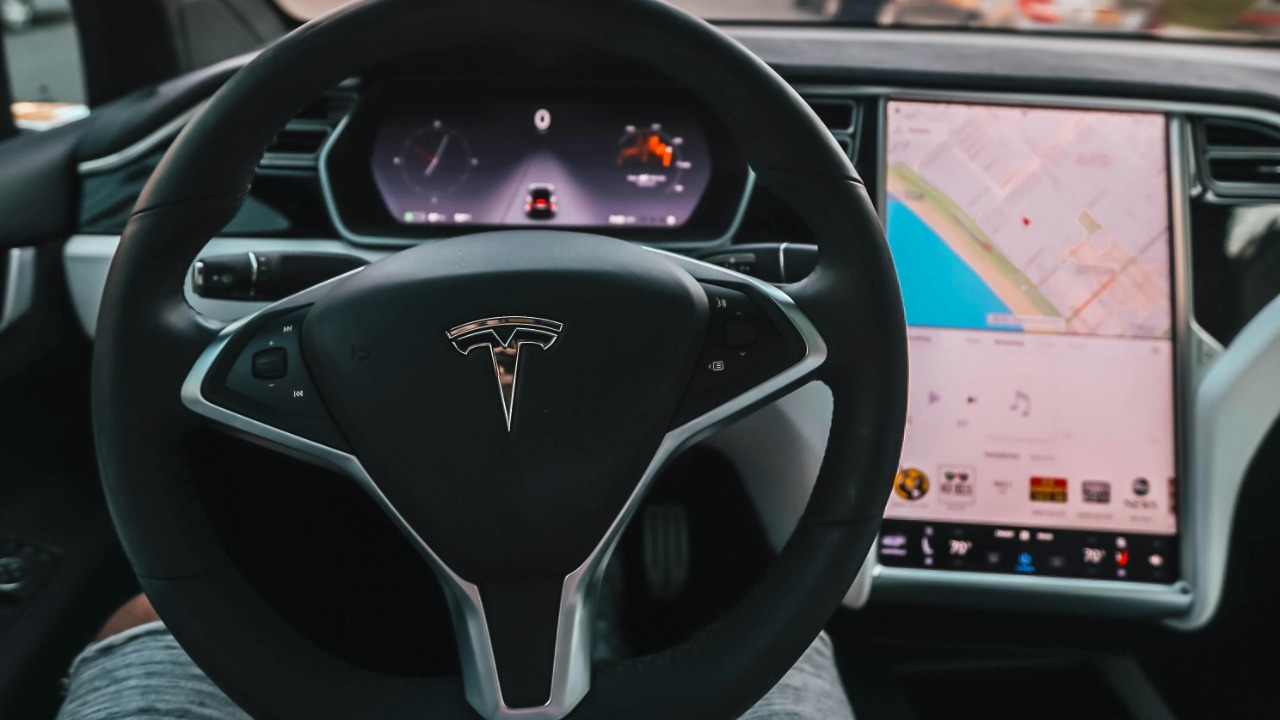
Despite the challenges, the future of self-driving cars remains promising. To achieve true autonomous driving, significant technological advancements are still necessary. These include improvements in sensor technology, artificial intelligence, and vehicle-to-infrastructure communication. As these technologies evolve, the potential for fully autonomous vehicles becomes increasingly attainable.
Clear communication and transparency in marketing will be essential as the industry progresses. Automakers must strike a balance between highlighting their innovations and accurately conveying the limitations of current technology. By doing so, they can build trust with consumers and pave the way for broader acceptance and adoption of self-driving cars in mainstream markets.
Looking ahead, the evolution of self-driving technology is likely to transform the automotive landscape. As vehicles become more autonomous, new opportunities and challenges will emerge, reshaping how society views transportation. The journey toward self-driving cars is still unfolding, and as it does, the need for honest and transparent communication will remain more important than ever.